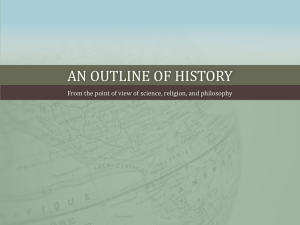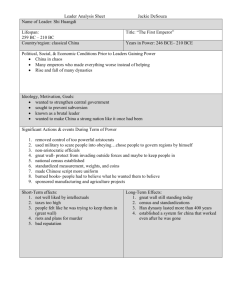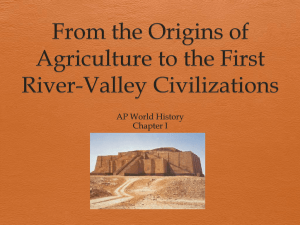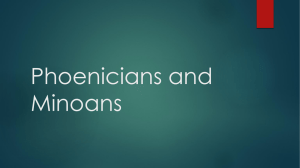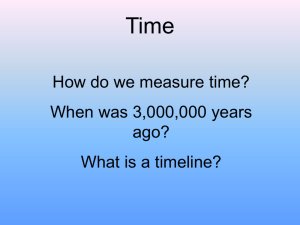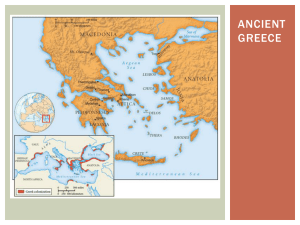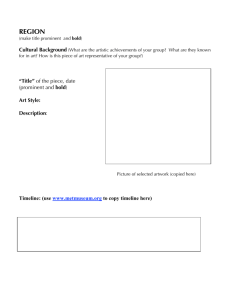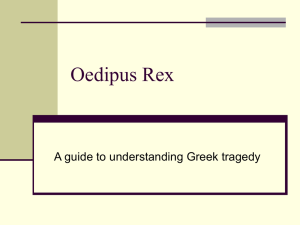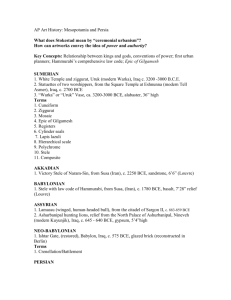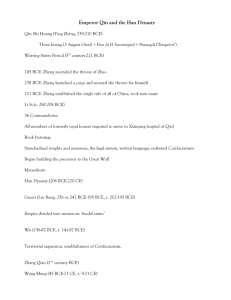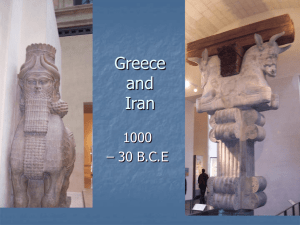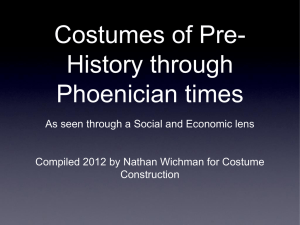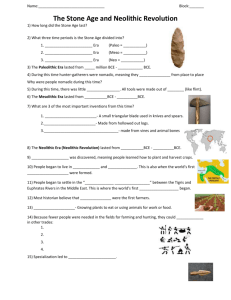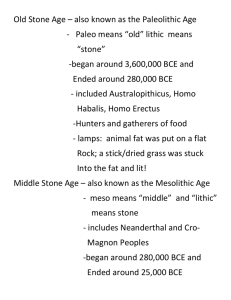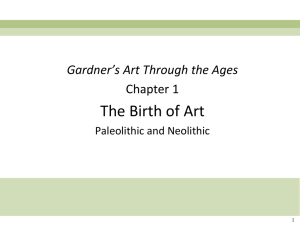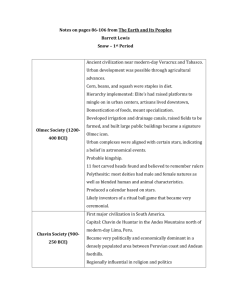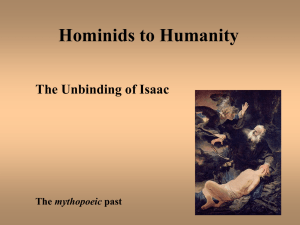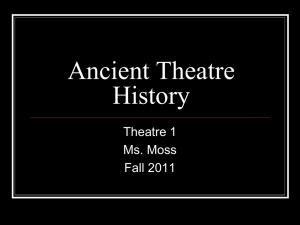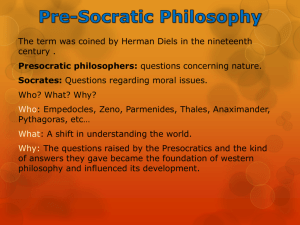Word - TASA
advertisement
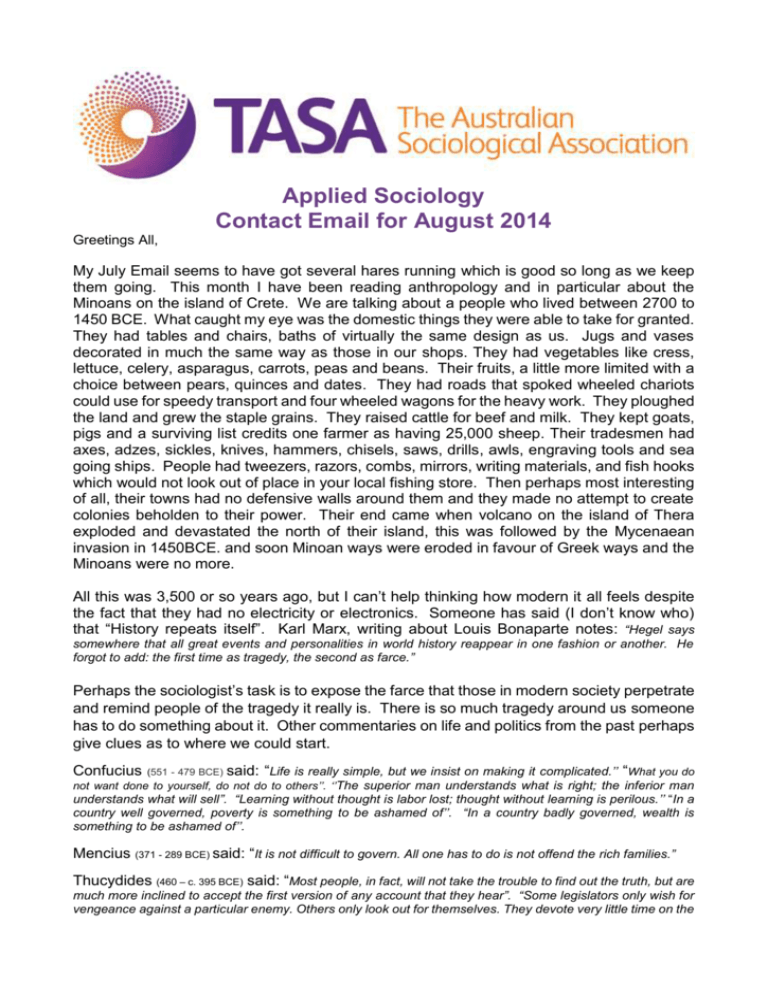
Applied Sociology Contact Email for August 2014 Greetings All, My July Email seems to have got several hares running which is good so long as we keep them going. This month I have been reading anthropology and in particular about the Minoans on the island of Crete. We are talking about a people who lived between 2700 to 1450 BCE. What caught my eye was the domestic things they were able to take for granted. They had tables and chairs, baths of virtually the same design as us. Jugs and vases decorated in much the same way as those in our shops. They had vegetables like cress, lettuce, celery, asparagus, carrots, peas and beans. Their fruits, a little more limited with a choice between pears, quinces and dates. They had roads that spoked wheeled chariots could use for speedy transport and four wheeled wagons for the heavy work. They ploughed the land and grew the staple grains. They raised cattle for beef and milk. They kept goats, pigs and a surviving list credits one farmer as having 25,000 sheep. Their tradesmen had axes, adzes, sickles, knives, hammers, chisels, saws, drills, awls, engraving tools and sea going ships. People had tweezers, razors, combs, mirrors, writing materials, and fish hooks which would not look out of place in your local fishing store. Then perhaps most interesting of all, their towns had no defensive walls around them and they made no attempt to create colonies beholden to their power. Their end came when volcano on the island of Thera exploded and devastated the north of their island, this was followed by the Mycenaean invasion in 1450BCE. and soon Minoan ways were eroded in favour of Greek ways and the Minoans were no more. All this was 3,500 or so years ago, but I can’t help thinking how modern it all feels despite the fact that they had no electricity or electronics. Someone has said (I don’t know who) that “History repeats itself”. Karl Marx, writing about Louis Bonaparte notes: “Hegel says somewhere that all great events and personalities in world history reappear in one fashion or another. He forgot to add: the first time as tragedy, the second as farce.” Perhaps the sociologist’s task is to expose the farce that those in modern society perpetrate and remind people of the tragedy it really is. There is so much tragedy around us someone has to do something about it. Other commentaries on life and politics from the past perhaps give clues as to where we could start. (551 - 479 BCE) said: “Life is really simple, but we insist on making it complicated.’’ “What you do not want done to yourself, do not do to others’’. ‘’The superior man understands what is right; the inferior man Confucius understands what will sell”. “Learning without thought is labor lost; thought without learning is perilous.’’ “In a country well governed, poverty is something to be ashamed of’’. “In a country badly governed, wealth is something to be ashamed of’’. Mencius (371 - 289 BCE) said: “It is not difficult to govern. All one has to do is not offend the rich families.” Thucydides (460 – c. 395 BCE) said: “Most people, in fact, will not take the trouble to find out the truth, but are much more inclined to accept the first version of any account that they hear”. “Some legislators only wish for vengeance against a particular enemy. Others only look out for themselves. They devote very little time on the consideration of any public issue. They think that no harm will come from their neglect. They act as if it is always the business of somebody else to look after this or that. When this selfish notion is entertained by all, the commonwealth slowly begins to decay’’. All these connections with the past, get to me. Societies never seem to learn. Alan Scott, Continuing Education Officer

